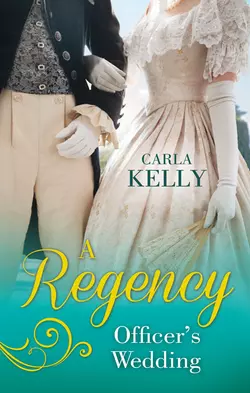A Regency Officer′s Wedding: The Admiral′s Penniless Bride / Marrying the Royal Marine

Carla Kelly
Тип: электронная книга
Жанр: Современная зарубежная литература
Язык: на английском языке
Стоимость: 150.68 ₽
Статус: В продаже
Издательство: HarperCollins
Дата публикации: 16.04.2024
Отзывы: Пока нет Добавить отзыв
О книге: Escape to a world of roguish rakes and daring debutantes with this incredible Regency collection from Mills & Boon.The Admiral’s Penniless Bride by Carla KellySally Paul is homeless and down to her last penny – so the last thing she expects is an offer of marriage from a complete stranger. Admiral Sir Charles Bright is in need of a wife…but after marrying in haste, can he convince Sally to enjoy their wedding night at leisure?Marrying the Royal Marine by Carla KellyIllegitimate Polly Brandon is amazed when the Lieutenant Colonel of Marines introduces himself as they sail for Portugal. In society, Polly knows he would never look twice at her…but with only the ocean for company, there’s no avoiding their unlikely attraction…